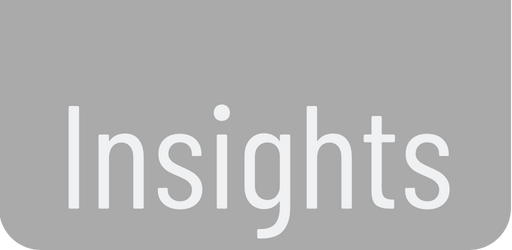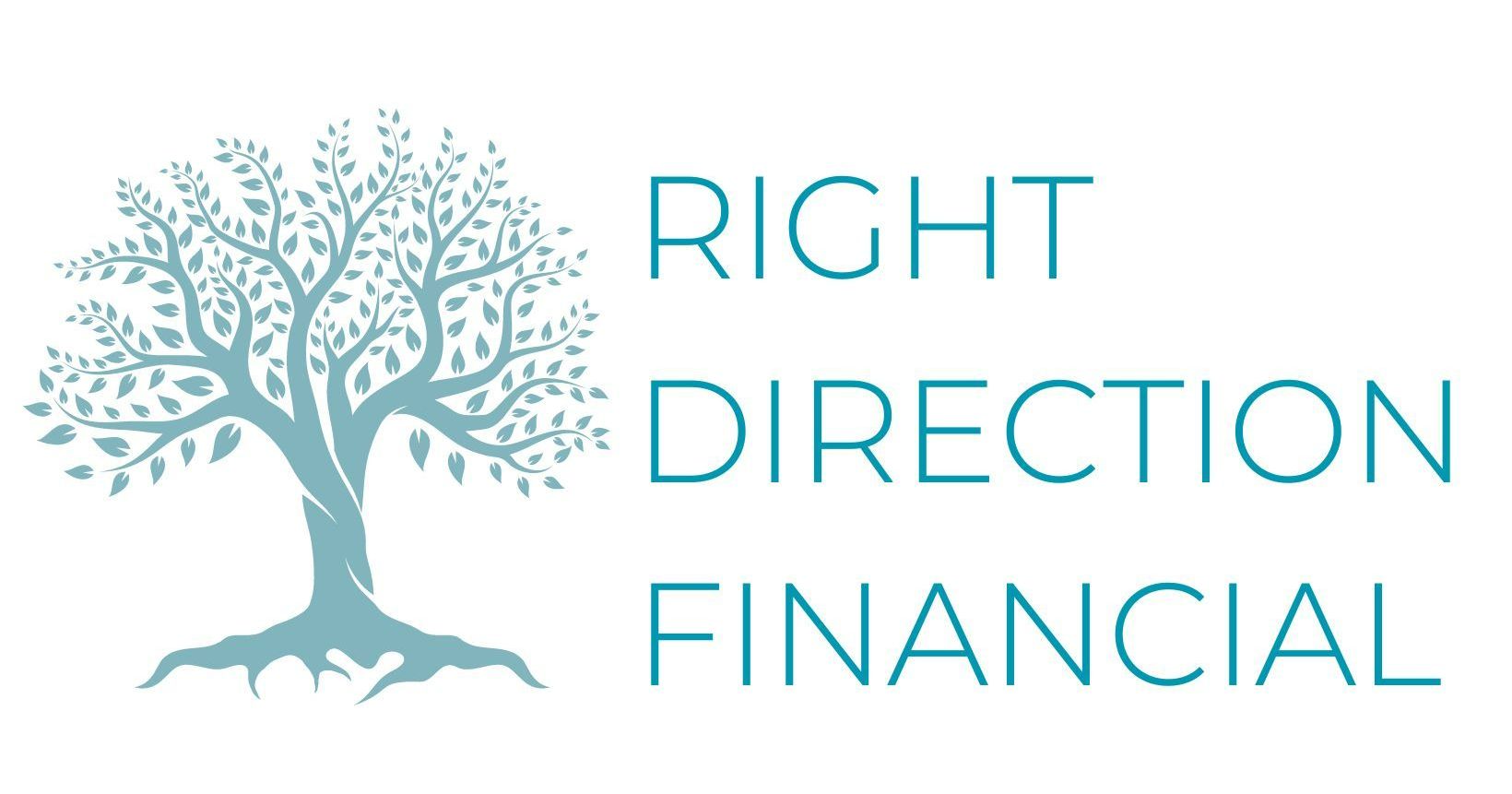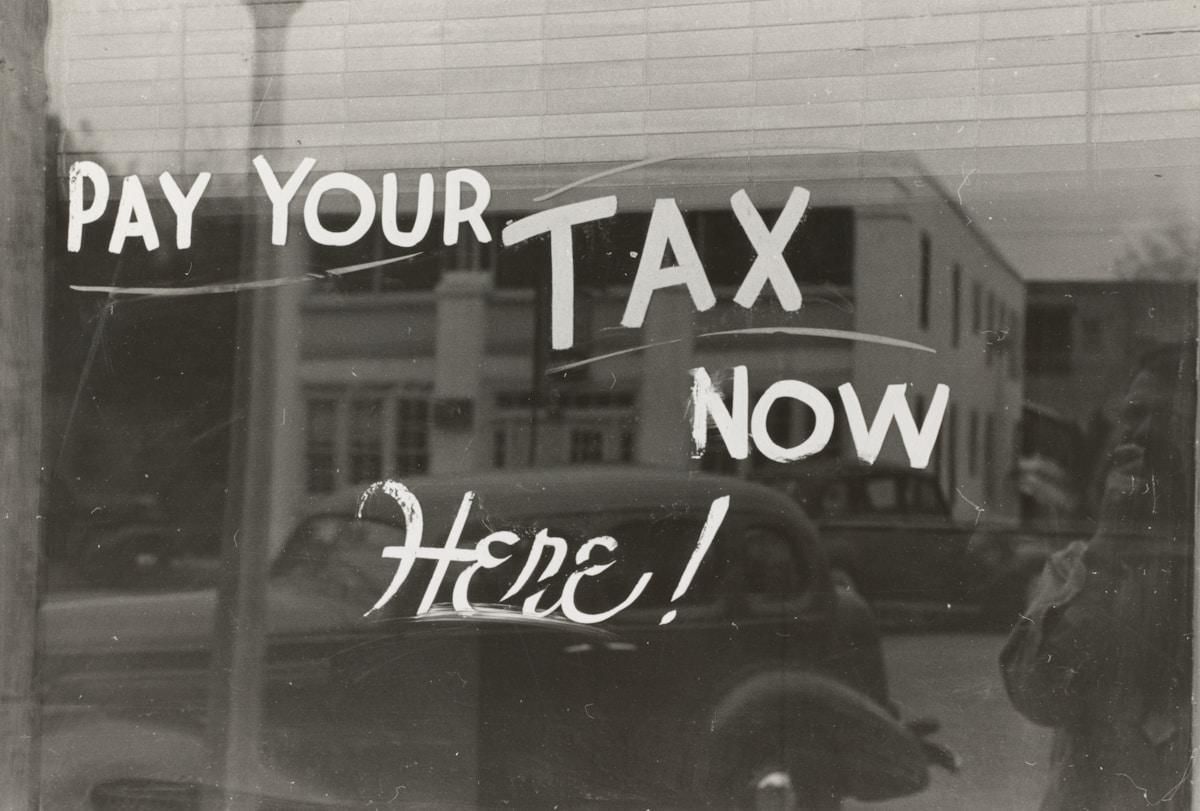In Canada, the ideal age to retire varies based on factors like financial readiness, health, and personal goals.
But there are some specifics to Canadian retirement benefits that are important to know:
Canada Pension Plan (CPP) Benefits:
- Early Retirement: You can start receiving CPP benefits as early as age 60, but your monthly benefits will be reduced by 7.2%/year until age 65.
- Standard Retirement Age: The standard age to start receiving CPP is 65.
- Delayed Retirement: If you delay receiving CPP benefits until after age 65 (up to age 70), your monthly benefits will increase by 8.4%/year!
- Inception: The CPP was established on January 1, 1966.
- Purpose: It was created to provide a basic level of earnings-related retirement income to Canadian workers and their families in the event of retirement, disability, or death.
Old Age Security (OAS) Pension:
- Eligibility: You become eligible for OAS at age 65 if you meet the residency requirements.
- Deferral: You can defer receiving OAS up to age 70, which will increase the monthly amount you receive by 7.2%/year
- Inception: The OAS program was introduced on January 1, 1952.
- Purpose: OAS is a government-run pension program that provides a monthly payment to eligible Canadians aged 65 and older. Unlike CPP, OAS is not based on your employment history but rather on your age and residency in Canada.
Financial Readiness:
- Savings and Investments: Consider if you have enough savings in Registered Retirement Savings Plans (RRSPs), Tax-Free Savings Accounts (TFSAs), or other investment accounts.
- Debt: Aim to have major debts paid off by retirement.
- Income: Calculate if your income from CPP, OAS, and personal savings will be sufficient to cover your expenses.
Health:
- Current Health: Assess your physical and mental health, as it will impact your ability to enjoy retirement.
- Healthcare Costs: Factor in potential healthcare expenses, even though Canada has a public healthcare system.
Lifestyle and Goals:
- Retirement Activities: Plan for how you want to spend your time in retirement, such as traveling, hobbies, or volunteering.
- Personal Fulfillment: Determine if you will find fulfillment in retirement or if you prefer to continue working, even part-time.
Family Considerations:
- Dependents: Consider if you have dependents who rely on your income.
- Spouse’s Retirement Plans: Align your retirement plans with those of your spouse or partner.
Common retirement ages in Canada range from 60 to 70, with many people choosing to retire around 65. The best age for you depends on your specific financial situation, health, and retirement goals.
Source: www.canada.ca


















